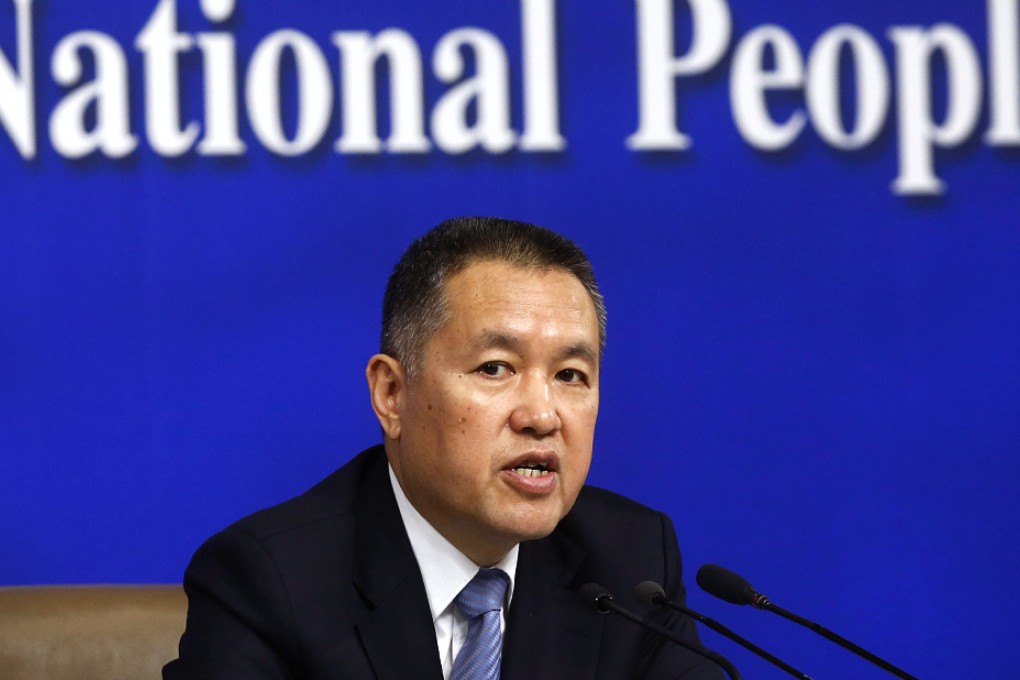Chinese government pledges to step up crackdown on selling fake goods online
Senior official says more regulation needed to control e-commerce sites

The State Administration for Industry and Commerce has pledged to intensify the crackdown on the sales of fake products online in China.
The remarks by the regulator’s head, Zhang Mao, came after a high-profile spat between the government body and the e-commerce giant Alibaba earlier this year.
“Market order can only be regulated if we increase the penalties for selling fake goods, making traders who sell such goods unable to continue operations, or go bankrupt,” Zhang said during a press briefing at the National People’s Congress in Beijing today.
For all the latest news from China’s parliamentary sessions click here
The cost of breaking exiting rules was too low, which resulted in many illegal practices in selling counterfeit goods online, he said, in response to a question on the sale of fake goods on Alibaba’s online shopping platform, Taobao.
A credit record system for traders would be established, he said, with shops selling fake or poor quality products subject to restrictions in their business operations.
“[The credit record system] will force firms to be more disciplined, addressing the root of the problem,” Zhang said.
He said many online stores made exaggerated claims about their goods and the authorities needed to put more regulations in place to ensure a healthy online shopping market.
